Is insulin truly a fat storage hormone? We breakdown the research on the link between insulin and weight gain.
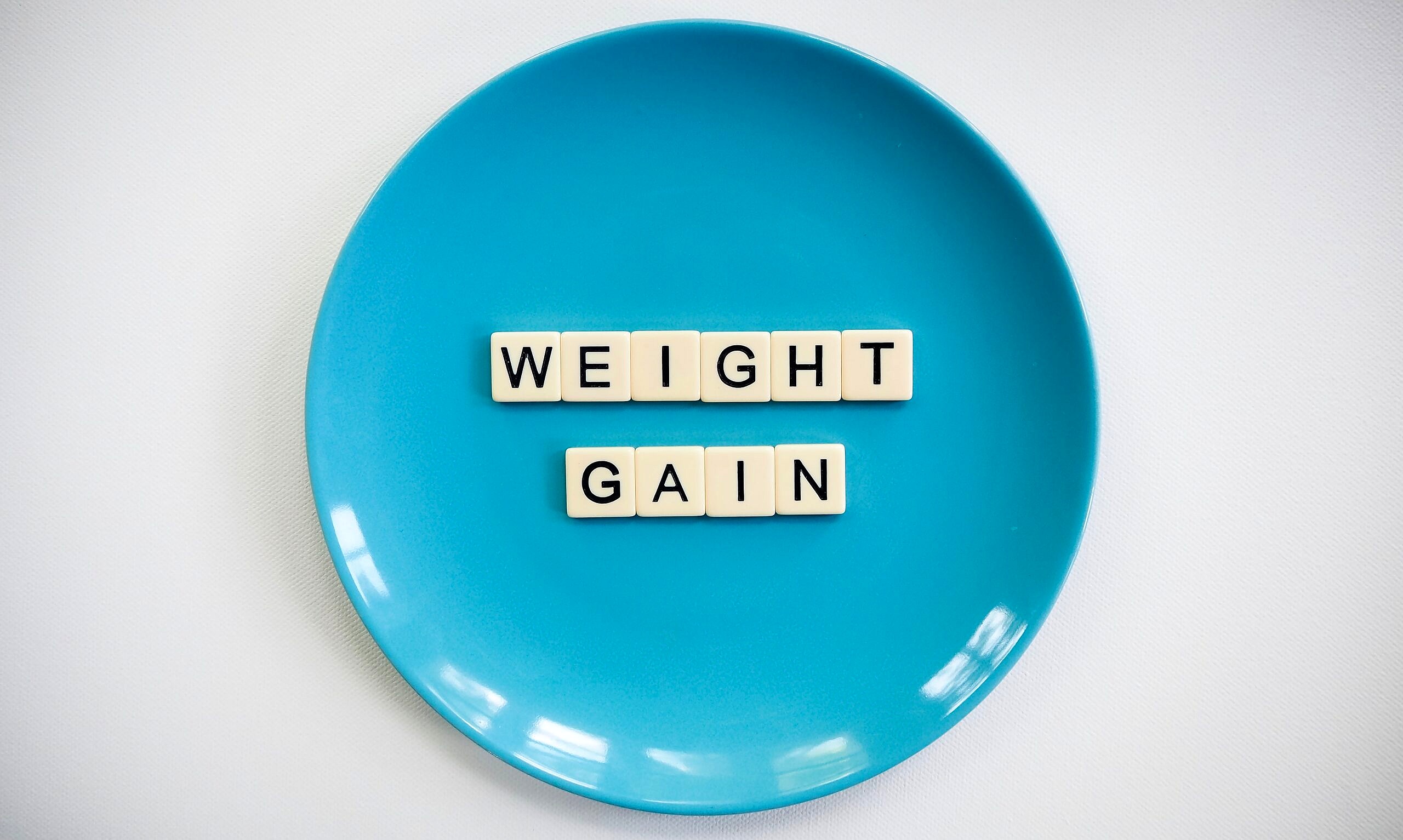
Before I dive into the crux of insulin and weight gain, let’s understand how food affects blood sugar levels and where insulin fits into the picture. When you eat any kind of carb, your body breaks this food down into glucose (aka sugar). The glucose gets absorbed into your bloodstream where it becomes known as blood sugar and your blood ships the sugar to your cells to be used for energy or stored for later on.
How Does Insulin Affect Blood Sugar?
Insulin is the hormone that allows the glucose to get into your cells, and when it gets inside, naturally your blood sugar levels drop. Think of insulin as the key that unlocks the door to let glucose do its job. Without insulin, your body wouldn’t be able to use or store glucose and you’d be walking around with high blood sugar all day long. And thats bad news bears because if untreated, high blood sugar can cause organ damage over time. But back to our frenemy- insulin.
Insulin is made in the pancreas and is secreted in bursts about every 5 minutes. If you haven’t eaten, the levels are relatively low so this is called your “baseline level”. When you eat, your insulin levels rise to deal with the sugars now in your bloodstream. And in a healthy individual, insulin comes right back down to their normal steady state once its dealt with the sugar. Note that our discussions today are going to be for the general population aka folks who have healthy working pancreases.
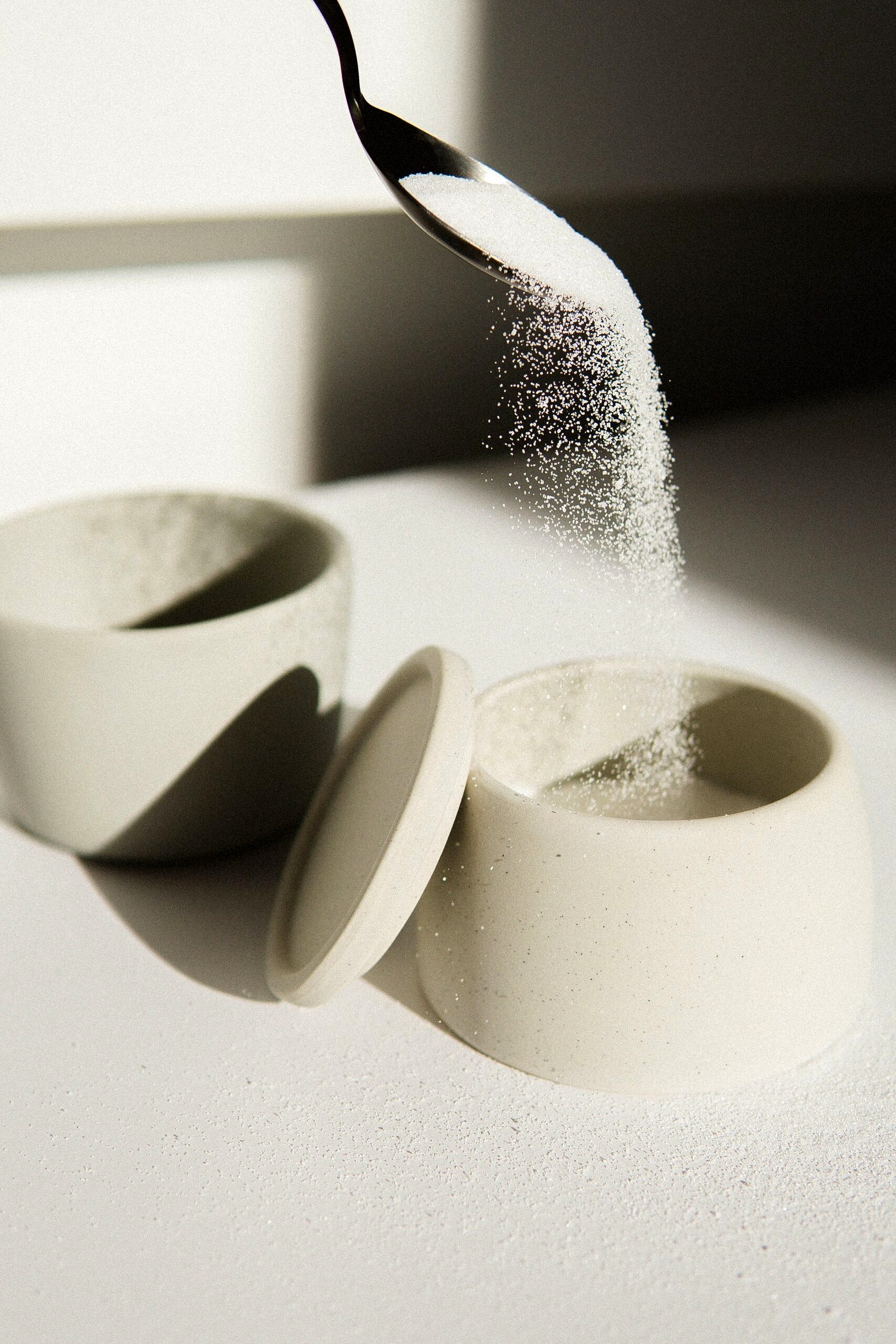
Okay so insulin also buddies up with the hormone glucagon which tells the liver to release glucose when the blood sugar levels get too low. It can either access glycogen which is the stored version of glucose in the liver or muscles, OR the liver can convert any extra protein to glucose through a process called gluconeogenesis. This dream team works together to keep your blood sugar levels tightly controlled because again, high blood sugar levels are dangerous as f*ck.
The “All You Can Eat Pizza” Study
So we can see this amazing control in action in a 2020 study thats been affectionately known as the ‘all you can eat pizza’ study. They basically offered a group of healthy men pizza and first asked them to eat till they were comfortably full, and then again until they literally couldn’t take another bite without bursting. They really could have just studied youtube mukbangers and saved a shit ton in research dollars.
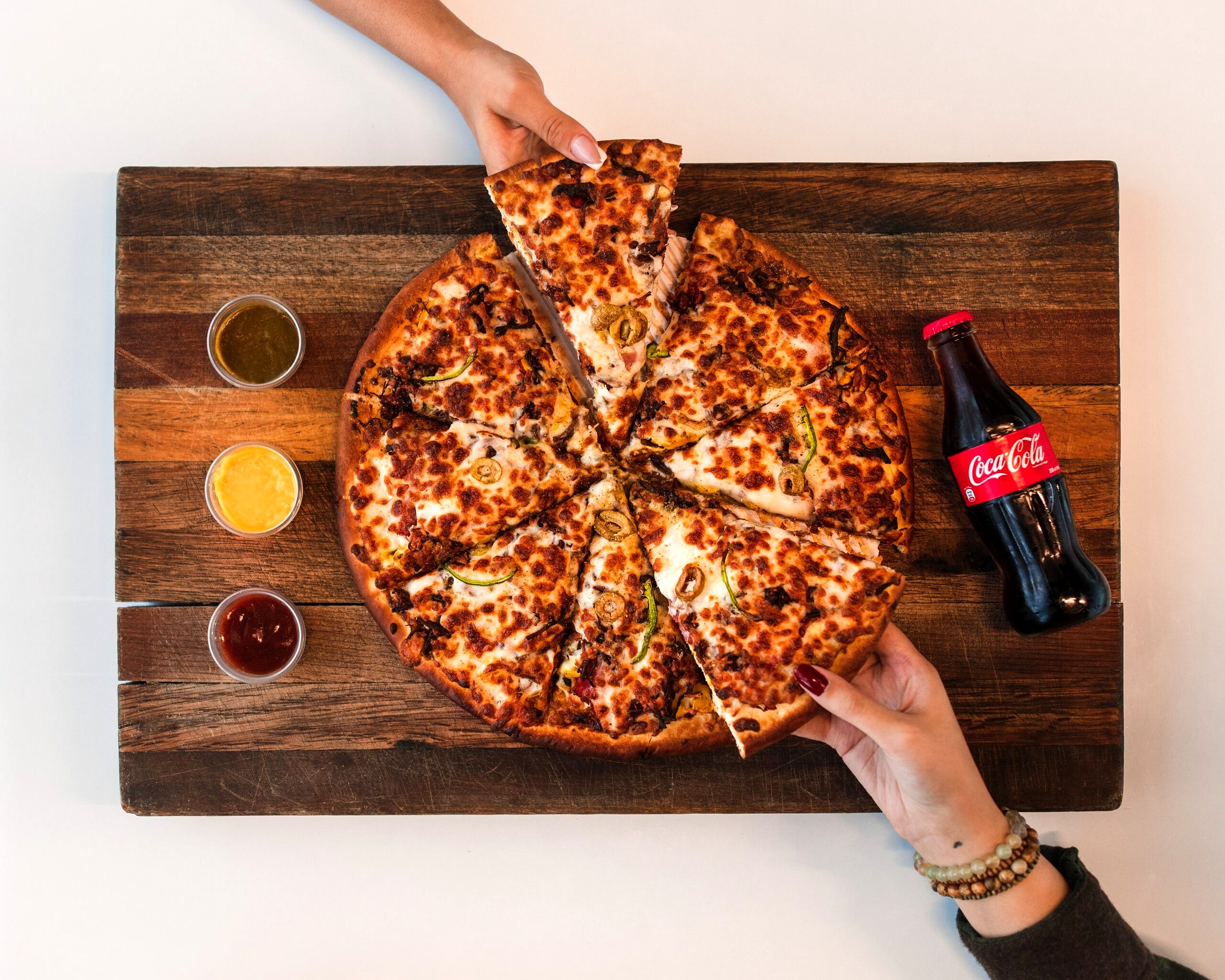
Anyway, the first conclusion they found from this study about insulin and weight gain was that these healthy men could eat twice as much as what made them feel comfortably full, so not exactly intuitive eating experts. But im more interested in what happened to their blood sugar and insulin levels after all those carbs. Basically, insulin understood the assignment. The pancreas pumped that shit out in a linear fashion the whole time that they were eating pizza. The more pizza they ate, the more insulin their bodies produced. And because insulin is such a bad ass, the blood sugar levels rose up to a certain point then just levelled off. In fact, their blood sugar levels were the same whether they ate 187g or 367g of carbs. Conclusion? In healthy folks without diabetes, our blood sugar levels are tightly regulated regardless of how much or what we eat.
What’s the Point of Eating Healthy Foods?
So the question now becomes – whats the point of eating healthy foods if insulin is always just going to “correct” our dietary shortcomings? This is where intuition comes into play. That is, focusing on how foods make you feel. Even though the participants blood sugar levels remained normal, albeit at the higher end of normal, they experienced lethargy and poor energy levels. So physically, they were fine, but they maybe weren’t FEELING their BEST. So thanks to this research, we now know that in healthy individuals, eating carbs are not going to cause uncontrolled blood sugar spikes.
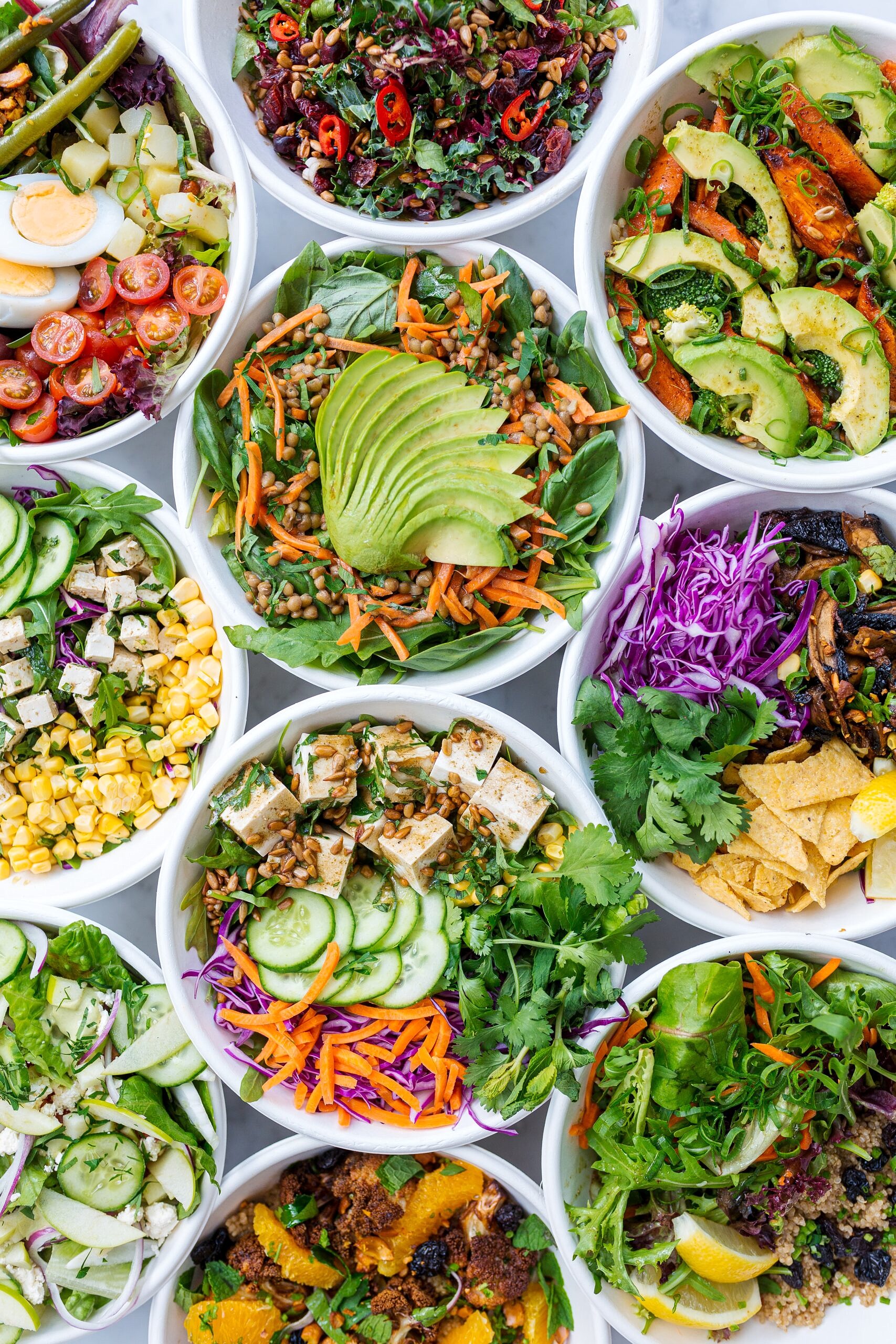
What About Insulin’s Role in Storing Fat?
Insulin helps glucose get stored as glycogen but it also helps to store anything extra in your fat cells as a long-term back up plan. And this is likely where it gets it’s reputation as a big bad fat storage hormone. Because as long as there’s ample glucose hanging around, and therefore insulin is out and about doing its job, there’s no real need to break down fat. It’s also true that fat breakdown is greater 2-4 hours after you eat, which is when insulin would naturally be at its lowest. If insulin levels never go down, then fat will never be broken down. And when I spoke to my colleague Eric Williamson, he reminded me that these mechanisms are not on and off switches – but rather, they’re actually more like dials. And getting those dials to work depends on a few things.
Metabolic Flexibility
One, to a small extent, is metabolic flexibility. Folks who are more “metabolically flexible” are better able to switch from using glucose to fat for fuel. In short, we know that ones flexibility is related to their insulin sensitivity, body fat percentage and aerobic fitness level. We also know that it’s the leanness and aerobic fitness that increase your insulin sensitivity and thus better equip the body for fat breakdown, not the other way around.
But even with that potential “leg up” in the game, it doesn’t guarantee weight loss without a solid calorie deficit. In other words, regardless of fasting insulin levels, you’re still going to add to your fat reserves if you eat more calories than you need. So when an influencer tells you to can just cut out carbs and eat as many calories as you want because its the carbs “spike your insulin” and insulin stores fat, it’s missing the forest from the trees. And that forest is just excess calories. A number of studies have found that it doesn’t matter how macros are split, insulin and weight gain is primarily influenced by the amount of energy the person consumes.
For example, one small metabolic lab study divided participants into a low carb and high carb diet and told them to eat as much as they wanted. While the high carb group had substantially higher insulin levels they ended up eating about 700kCal less and actually lost weight in comparison to the low carb group. Likewise, long term research also suggests that it doesn’t matter if you’re on low carb or high carb diet, weight loss is identical when calories are the same. We can also look at the other side of the coin to study insulin and weight loss on a LOW carb diet. One 2015 experimental study found that while a low-carb diet did lower insulin levels, it didn’t result in more weight lost. In fact, in this case, the folks on the low fat diet lost more than the low carb. And to bring it all together, a large systematic review also found little to no difference between diets too, so that puts the diet wars piece to bed.
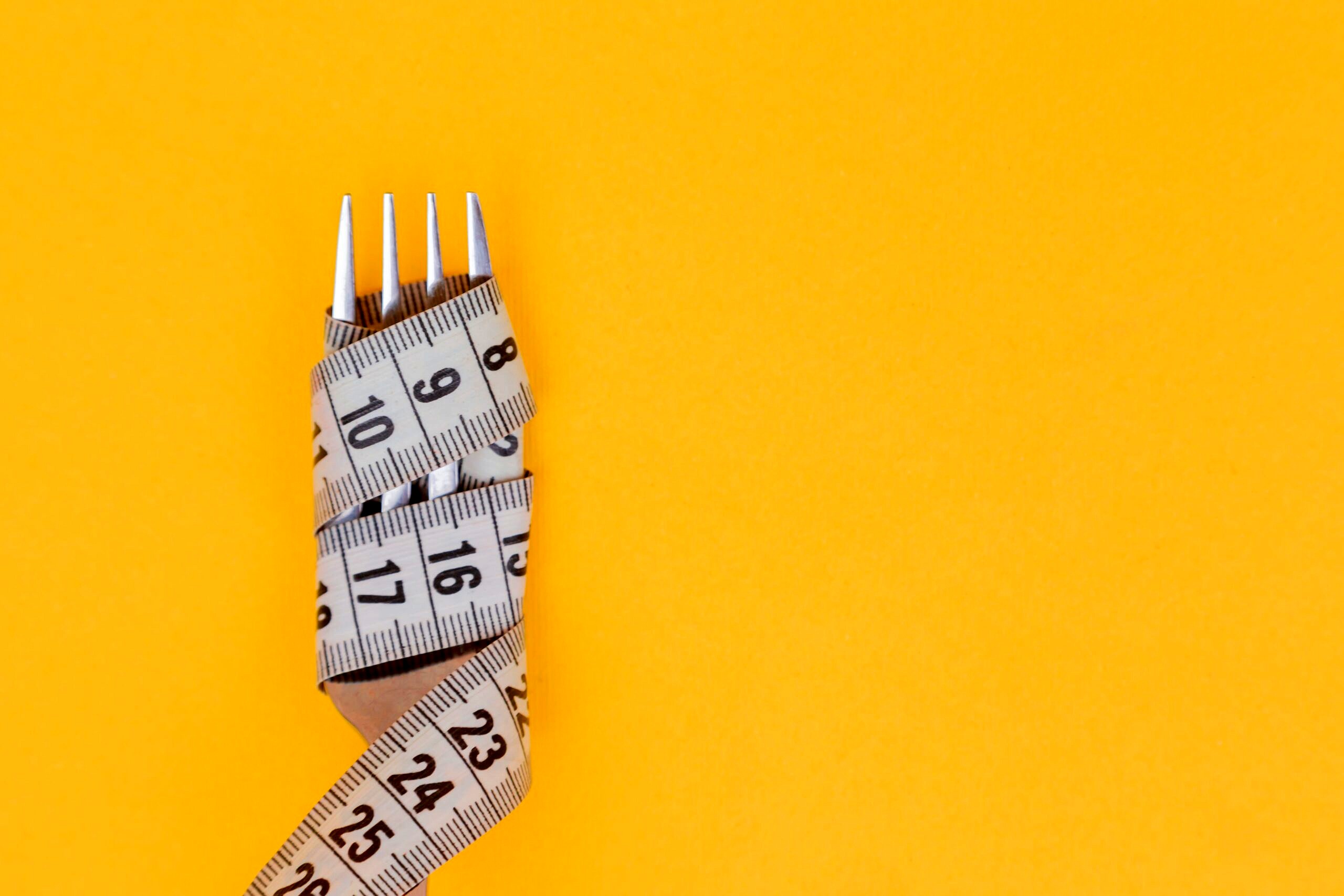
As for the impact of insulin as a ‘fat storage hormone’, it really doesn’t appear to have any measurable impact on weight gain or loss. We know this because when calories are the same, folks with and without diabetes or insulin resistance will lose the same amount of weight. So to summarize, while a higher carb diet does transiently increase insulin levels, it doesn’t affect weight in the short or long term. The bottom line remains that calories are king.
How Does All This Play Into the Claims Made by Folks Who Intermittent Fast?
Well a lot of intermittent fasting groupies insist that it has magical weight loss powers because it reduces the number of insulin “episodes” in the day and keeps insulin levels low as often as possible, thus increasing metabolic flexibility. And in a vacuum, that might be true. However, the primary mechanism for why intermittent fasting “works” is NOT because of insulin or metabolic flexibility, it’s because we’re just kinda bad at making up for calories missed when we skip a meal. Once again, it boils down to the calories, insulin is just the convenient scapegoat.
Does That Mean There Are No Benefits to Fasting?
Definitely not. In addition to potentially promoting weight loss, largely via caloric deficit from skipped meals, fasting may positively affect insulin sensitivity. A higher insulin sensitivity means that your cells are able to use glucose more effectively, to help bring down those blood sugar levels while low insulin sensitivity aka insulin resistance is a precursor to diabetes. Research suggests that those practicing early time restricted eating, eating earlier in the day and stopping earlier in the day, tend to have better insulin sensitivity than those eating late at night. This has a lot to do with our circadian alignment, or our sleep-wake cycles as it seems that aligning our food intake with daylight hours can benefit our metabolism and glucose response. Strangely, most people who swear they’re doing intermittent fasting have an opposite eating schedule, skipping breakfast and eating from noon until night. So they might be missing out on one of these unique perks and instead just kinda skipping a meal.
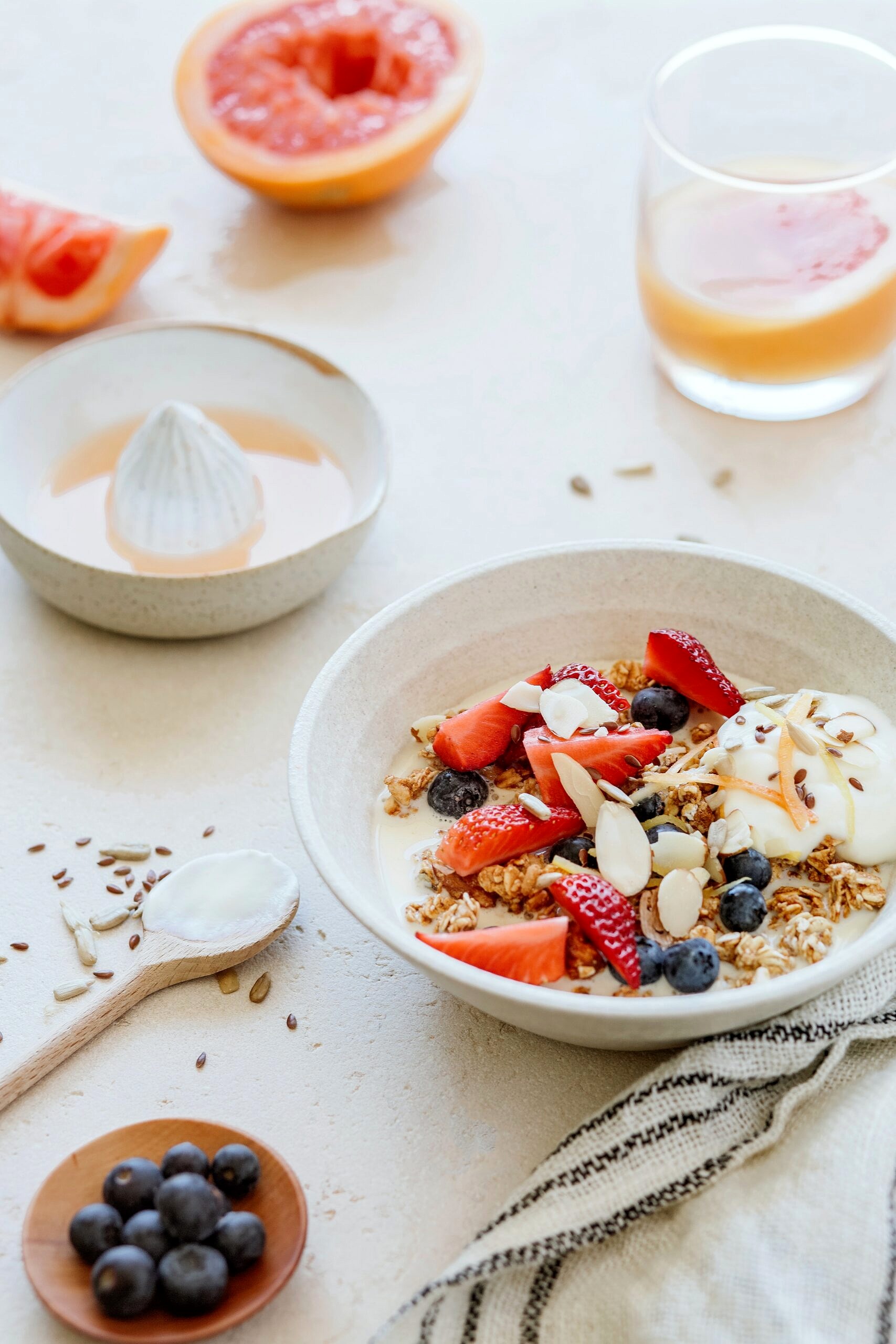
How Can We Use All of This Information in Real Life if Weight Loss is The Goal?
My suggestion is to take the focus off of specific hormones like insulin, and to choose foods that keep us feeling fuller for longer, while making a caloric deficit easier to maintain. And this is where my Hunger Crushing Combo comes in. By combining high fiber carbs, protein and healthy fats together, it helps promote long term fullness, and the more satiated and satisfied you are, the less likely you are to eat in a caloric surplus. If we break this down further, there are unique benefits to all three of these components. High fiber carb based foods generally have a lower glycemic response even on their own when compared to refined carbohydrates, but their absorption is slowed down even more by adding protein and/or fats. This combo leads to a lower, more sustained rise in both blood sugar and insulin which may keep you feeling fuller for a longer period of time and keep energy levels even keeled. Even if you have a hankering for a low fiber carb like white rice, you can still lower the glycemic response by simply adding some chicken, avocado and veg. My hunger crushing combo also works because the addition of fibre, protein and fats helps to delay gastric emptying, keeping you feeling fuller longer between meals, therefore reducing the need to mindlessly snack.
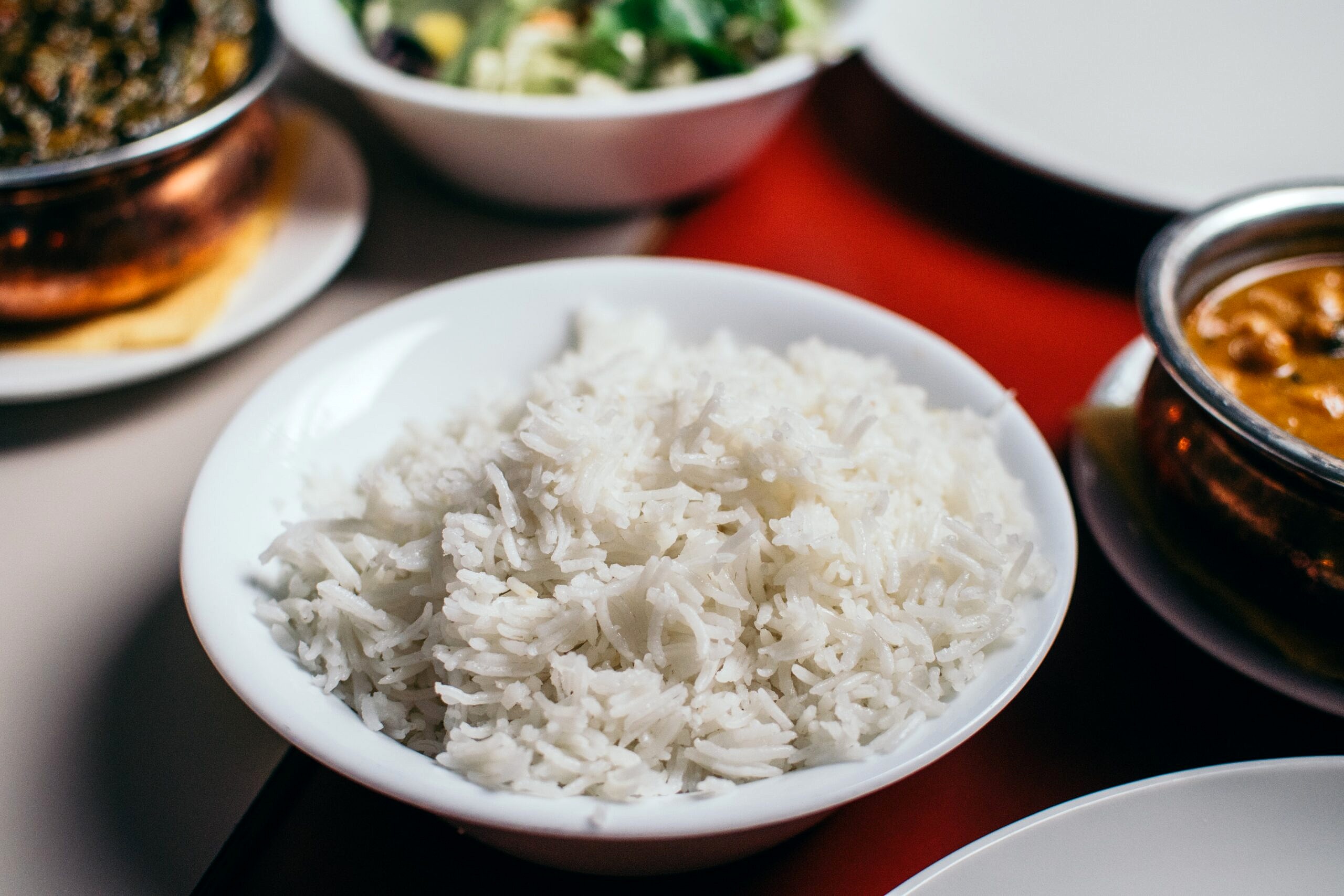
Is There Any Truth to “Coating” the Stomach?
Now, I have seen some influencers post about the need to have your first bite of a meal be a non-carb food to help “coat” the stomach before the carbs hit to reduce the glycemic response. And while i know it sounds like total BS, there is some merit to this with some small studies and research in the diabetes population showing benefits to consuming the veggies and protein before the carbs. But you don’t need to separate out your food unnaturally. If you’re eating a mixed meal lets say a pasta with a veggie and meat bolognese sauce, then you’re going to get those insulin stabilizing benefits even if you’re first bite doesn’t *gasp* contain a honking piece of veg.
However, when I spoke to Glucose Goddess about this on Instagram, she suggested just doing it when it makes sense in that meal. So if you are serving a salad with your pasta, start with a bit of salad if you can. But you don’t need to be obsessive about this. My colleagues like Eric agreed that being more intentional may be more helpful for folks with existing insulin resistance or diabetes, but it isn’t as important a tool as more basic strategies like choosing whole foods over refined. Dressing up naked carbs with hunger crushing compounds is something we can aim to do more often, but freaking out if you accidentally eat a bite of pasta before your broccoli is likely to do more harm than good.

The Bottom Line
To wrap up this discussion on the relationship between insulin and weight gain, yes insulin has a role in fat storage, but controlling it is not the magic bullet to weight loss so many “wellness influencers” insist it to be. So i say focus on eating balanced meals using whole foods regularly throughout the day, and the minute details tend to work themselves out.
More Blog Posts You Might Like
If you liked this blog post discussing the relationship between insulin and weight gain, you might enjoy more blog posts discussing diet myths:
- 411 on Intermittent Fasting for Athletes and Exercise: Will It Help or Hinder Your Performance?
- Intermittent Fasting for Weight Loss? The Evidence Based Pros and Cons
- Caffeine and Breastfeeding – Is It Safe?
- Can You Drink Coffee While Intermittent Fasting?
- Teen Weight Loss – Are Diets Safe for Growing Kids?
- Is Lemon Water Good For You?

Abbey Sharp is a Registered Dietitian (RD), regulated by the Ontario College of Dietitians. She is a mom, YouTuber, Blogger, award winning cookbook author, media coach specializing in food and nutrition influencers, and a frequent contributor to national publications like Healthline and on national broadcast TV shows.

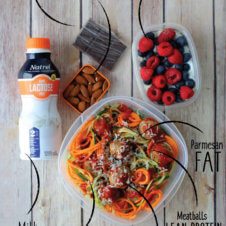


Leave a Comment